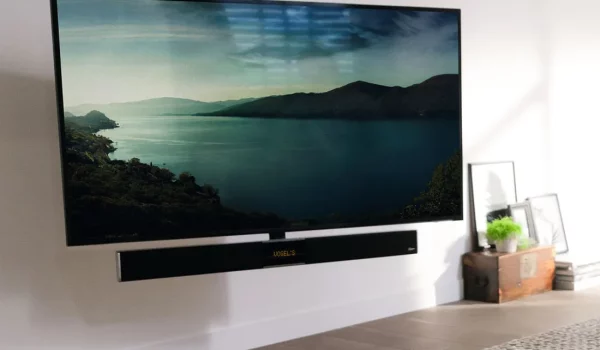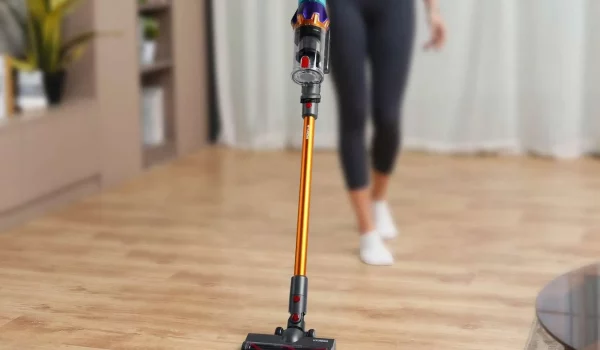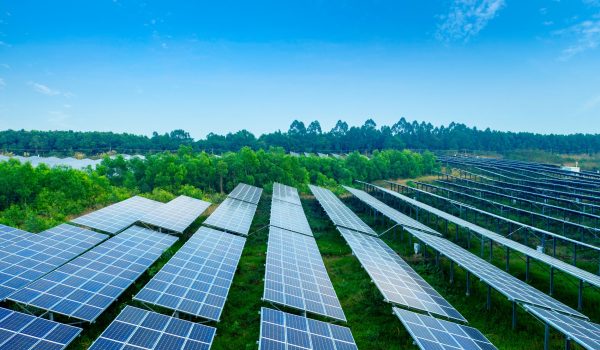Climbing the R-ladder with EPR
How Extended Producer Responsibility brings the circular economy within reach
In 2030, the Netherlands aims to use 50% fewer primary raw materials, and by 2050, the economy must be fully circular. These are ambitious goals that will significantly contribute to climate targets (55% reduction in CO2 emissions by 2030; 95% reduction compared to 1990). In a circular economy, products, components, and materials should be reused as optimally as possible.
Extended Producer Responsibility (EPR) can play a crucial role in this, as it makes producers responsible for their products after the end of their life cycle. This represents an additional task but also an opportunity, as smarter (read: circular) design can yield sustainable and financial benefits.
The absence of the right conditions means that EPR systems beyond recycling are scarce, simply because they may not be profitable or feasible. This study makes three recommendations to transform the current inhibiting conditions into the right incentives.
Other relevant publications
Re-use of soundbars
How feasible is it to give soundbars a second life? Commissioned by Stichting OPEN, Second Use investigated the re-use potential of four soundbar models, revealing insights into repairability, consumer interest, and key barriers.
Re-use of cordless vacuum cleaners
The re-use of cordless vacuum cleaners presents interesting opportunities, but battery replacement costs pose a significant challenge. This study, conducted by Second Use on behalf of Stichting OPEN, examines the feasibility of refurbishment and identifies key improvements to extend the lifespan of these appliances.
The role of extended producer pesponsibility (EPR) in the energy transition
Analysis of the implementation of EPR for batteries in electric vehicles, solar panels, and wind turbines







